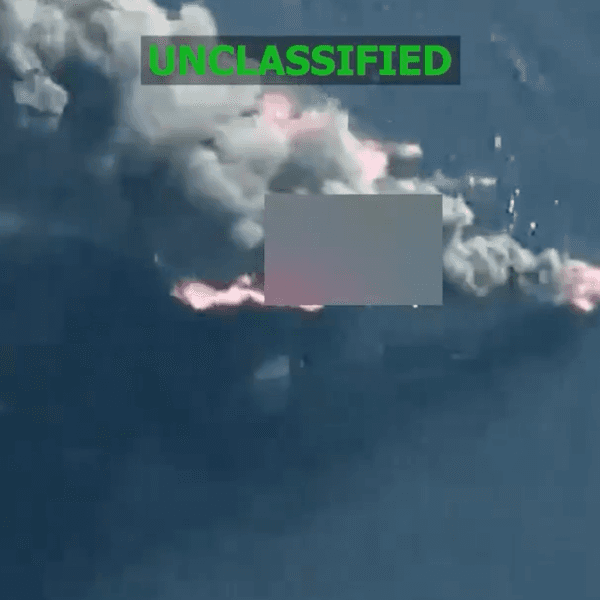A suspected bombing by a US drone in
Pakistan has killed as many as seventeen people and injured many more, according to media reports on Wednesday.
The attack is the most deadly in Pakistan this year and the second since Pakistan's new prime minister, Nawaz Sharif, took office in May.
Sharif, along with other high level Pakistan officials, have repeatedly demanded the US stop ignoring its sovereignty and the "territorial integrity" of its border with Afghanistan. Those official demands have been backed by a large protest movement among Pakistani civilians who say the drones torment their lives and bring increased instability to their country.
In a much touted foreign speech earlier this year, President Obama has said that the global war on terrorism, including aspects of its clandestine CIA-run drone program, cannot go on forever, but critics continue to point out that the US drone and targeted killing programs are doing more harm than good as they exacerbate anti-Americanism and radicalism abroad, working against the long-term national security interests of the United States.
As Al-Jazeera reporting illustrates, this latest attack in Pakistan also reveals the extent to which the US strategy of firing on rescue workers who respond to drone bombings has helped cultivate a culture of fear and hatred among those living in the tribal areas:
Many were wounded in the attack, local tribesman Kaleemullah Dawar said, but rescuers delayed for fear of falling victim to a second attack, a common tactic with drone strikes.
"It was not possible for the people to start rescue work for some time, as the drones were still flying over the area," Dawar said.
Less than three weeks ago, members of the Pakistan Taliban kidnapped and then executed nine foreign tourists in the Himalayan region of Pakistan, saying the killings were in direct retaliation for the ongoing US drone attacks against their people.
"Through this killing we gave a message to the international community to ask U.S. to stop drone strikes," said Ehsanullah Ehsan, a Taliban spokesman.
___________________________________




